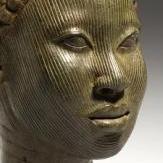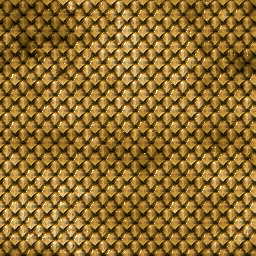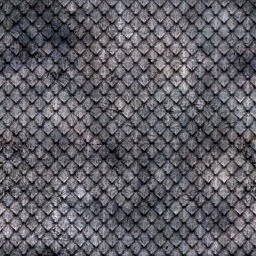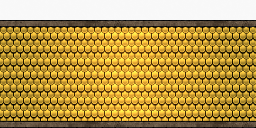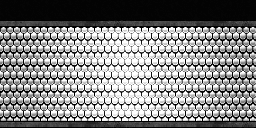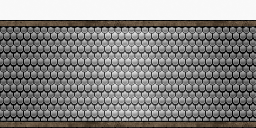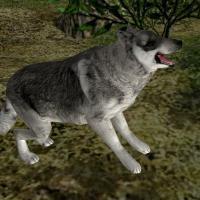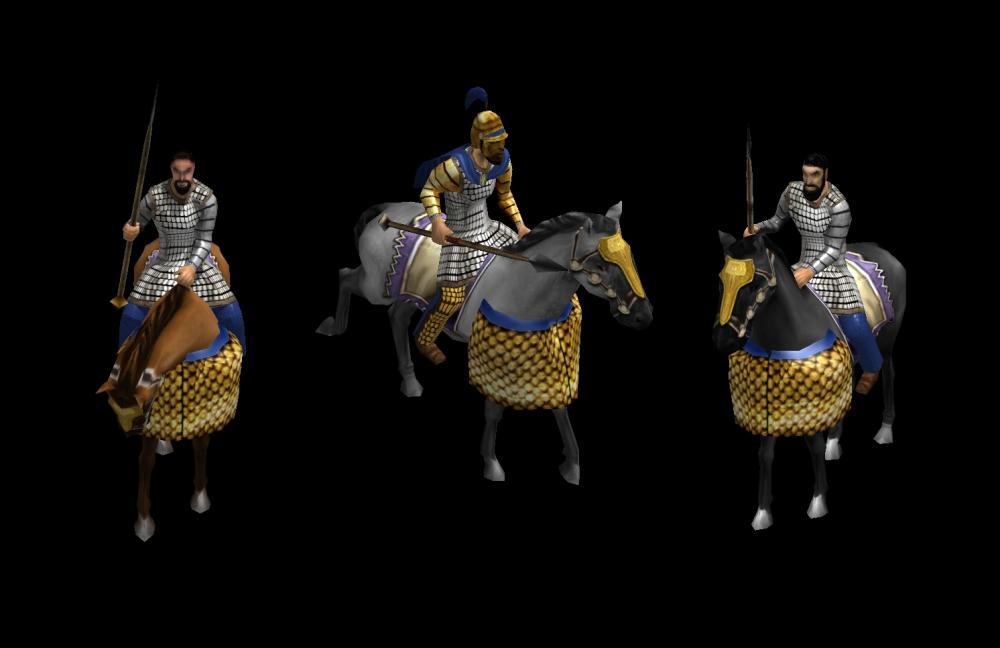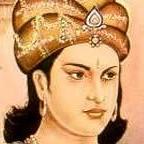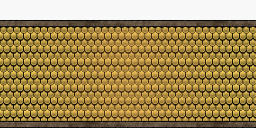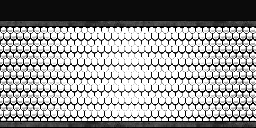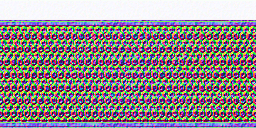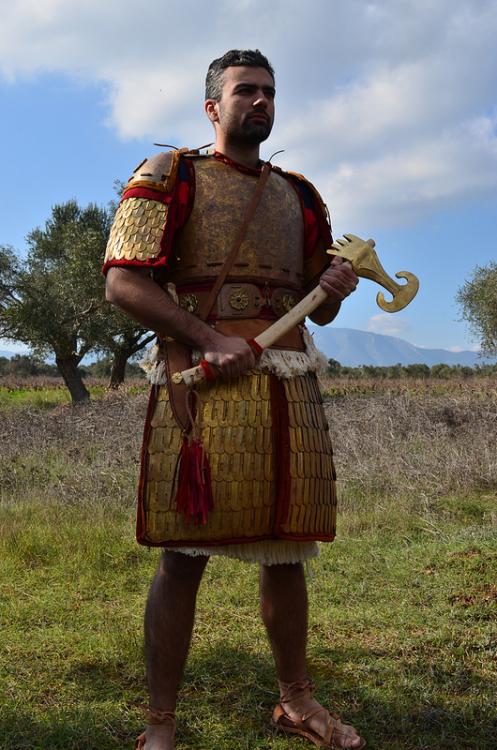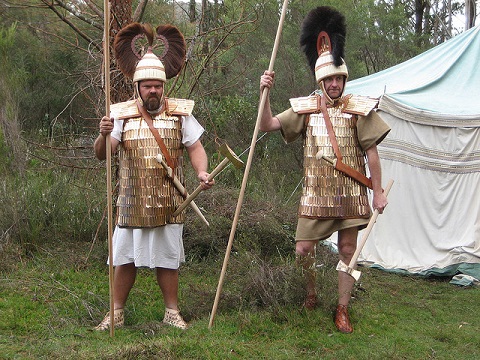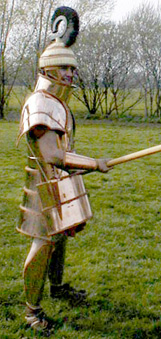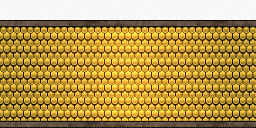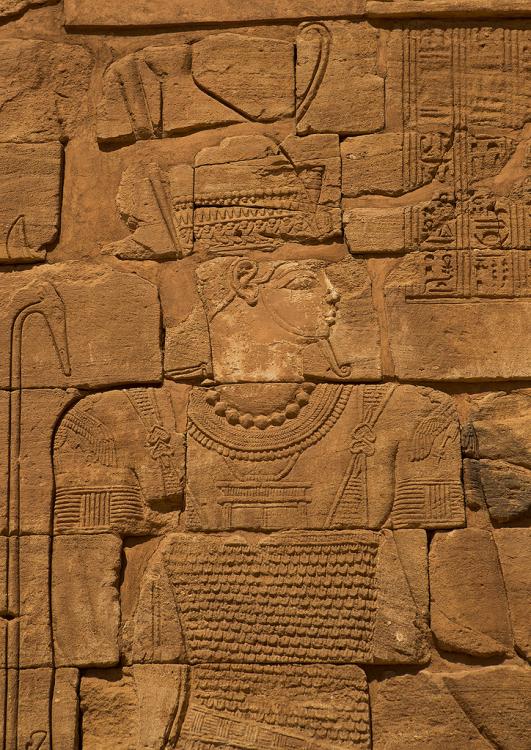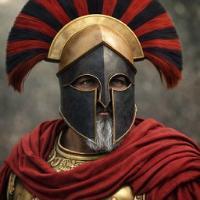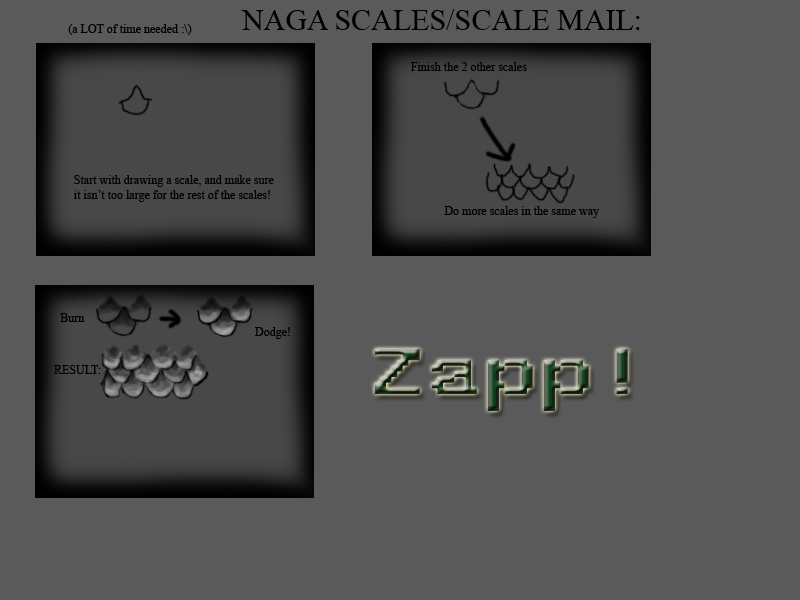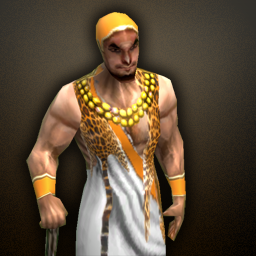Leaderboard
Popular Content
Showing content with the highest reputation on 2018-01-13 in all areas
-
3 points
-
Age of Empires II allowed the host to leave without ending the game. It achieved this by connecting all clients in a star topology, so none of them is specially designated as the host. See this paper (scroll down to where it says Peer Topology): http://zoo.cs.yale.edu/classes/cs538/readings/papers/terrano_1500arch.pdf3 points
-
2 points
-
@Sundiata Maybe that could make a new civ for terra magna, but I need someone like @LordGood to make me that roof texture2 points
-
@av93 we have more references even more possible mercenary units.2 points
-
Any updates? Would be sad to not put this to use in one way or another. The artifacts should be cleaned, but that shouldn't be impossible.2 points
-
1.) Only the armpit level skirt is done (I can reuse current game bronze cuirass textures and see what I can come up with) 2.) The lower limb area is covered in the reference, so I just assumed that it was scale (Similar to what the Iranian tribes like the Scythians used) 3.) Part of the cuirass rework (WIP) 4.) Not sure where to put player color here, on the ceremonial knot/tie on his waist? and leave the player color cape do the job? Horse headdress also looks nice2 points
-
Mmmm, dedicated servers... I think another crowdfunding campaign is in order, perhaps after the next release (or even tied to the release itself) to fund this. I'd be willing to donate a little something.2 points
-
1 point
-
Japan have a very large big fan base... we need bring them to the game.1 point
-
1 point
-
It partially is, yes. (I also think the “Iberians”, an amalgam which includes many non-Iberian peoples, is too insignificant, yet it is included nevertheless.) However, why ought e.g. the Yayoi period be included, other than being Japan in 0 A.D.'s timeframe? Did they heavily influence their neighbours? Did they construct lasting monuments? Have any literary works survived? Have their cults or language reshaped large parts of Eurasia? I fear the answer to these questions is no; merely “being there” and nothing else seems just insignificant.1 point
-
1 point
-
Agreed, 100% But, but, Japanese... "probably too insignificant to be included." Although that might be correct, it's also very subjective. The Yayoi period laid the foundation for the Kofun period, the first unification of much of Japan. The Jomon and Yayoi have been quite the sensation in modern day Japan as well, so I'm sure Japanese gamers would die for this, and they are a huge demographic. I like to look at the Yayoi as horseless Oriental Celts . They're mainly for Oriental flavouring, and contrasting the Han Chinese. I don't think they've been depicted in a computer game before either (a nice first for 0AD), and they look quite exotic. As for Koreans, I don't know... Perhaps a miniciv? I really like the miniciv idea (unplayable, truncated civs), and think a nice list of "lesser" civilisations can really help the flavour of the game, bring maps alive (creeps), and contextualise and connect existing civs.1 point
-
To be frank, I think the Yuezhi are as simple as switching the Asian dudes of the Xiongnu with with white dudes, tadaaa, Yuezhi...! Just throw some Tocharian (proto-Kushan) references in to the mix and we're good to go... Perhaps Xiongnu as a fully fledged civ, and Yuezhi as a mini-civ derivative...1 point
-
1 point
-
1 point
-
Yes need variance too. all armored need this. I uploaded some armored horses under Seleucid references.1 point
-
Yeah, 1st one is bronze, 2nd is iron, 3rd one is specmap We can also experiment with lamellar.1 point
-
I've checked the elephant UV, it is a little complicated, many resizing and adjustment has to be done in order to have a uniform looking scales. Current elephant barding looks good, IMO. Edit: I added an iron variant above. Plus the size of the peytral was increased from 128x64 to 256x1281 point
-
1 point
-
Yuezhi (less popular) Fierce nomads from beyound the mountains, the Yuezhi are mentioned time and agin in ancient annals and are definitely part of these less-known ancient great nomadic kingdoms of Asia. They are mostly known by the chinese as the 月氏, Rouzhi in pinyin. These pastoralists lived in remote and arid grassland area in the western part of the modern Chinese province of Gansu. Hard-pressed by the agressive Xiongnu from the north, they were defeated in the 2nd century BC, splitting into the Greater Yuezhi (Dà Yuèzhī 大月氏) and Lesser Yuezhi (Xiǎo Yuèzhī 小月氏), migrating westwards. Greater Yuezhi initially migrated northwest into the Ili Valley (on the modern borders of China and Kazakhstan), where they reportedly displaced elements of the Sakas (Scythians). They were driven from the Ili Valley by the Wusun and migrated southward to Sogdia and later settled in Bactria, where they then defeated the Greco-Bactrian Kingdom. The Greater Yuezhi have consequently often been identified with Bactrian peoples mentioned in classical European sources, like the Tókharioi (Greek Τοχάριοι; Sanskrit Tukhāra) and Asii (or Asioi). During the 1st century BC, one of the five major Greater Yuezhi tribes in Bactria, the Kushanas (Chinese: 貴霜; pinyin: Guishuang), began to subsume the other tribes and neighbouring peoples. The subsequent Kushan Empire, at its peak in the 3rd century CE, stretched from Turfan in the Tarim Basin, in the north to Pataliputra on the Gangetic plain of India in the south. The Kushanas played an important role in the development of trade on the Silk Road and the introduction of Buddhism to China. Most of the Lesser Yuezhi appear to have migrated southward into Tibet. However, some are reported to have settled among the Qiang people in Qinghai, and to have been involved in the Liangzhou Rebellion (184–221 CE). Others are said to have founded the city state of Cumuḍa (now known as Kumul and Hami 哈密) in the eastern Tarim. A fourth group of Lesser Yuezhi may have become part of the Jie people of Shanxi, who established the 4th Century AD Later Zhao state (although this remains controversial). While the Yuezhi have often been associated with artifacts of extinct cultures in the Tarim Basin, such as the Tarim mummies and the so-called Tocharian languages, the evidence for any such link is purely circumstantial.1 point
-
1 point
-
While the guys on the right look accurate enough, the ones on the left look like they have some serious Parthian influence. I don't think that's what the Battle of Raphia and Magnesia's Seleucid cataphracts looked like at all.1 point
-
1 point
-
Can you upload the improved saddle textures so that I can start working on it? Thanks1 point
-
Mercenaries... from this guys. Idumeans (Herod people) @wackyserious1 point
-
1 point
-
1 point
-
@Lion.Kanzen This will become the official thread to look at for sound contributors. I updated your first post. You have to edit it to add new sounds requests. Also, if you find a sound that's already in the game remove it from the list or strike it if it's good enough.1 point
-
1 point
-
Thank you for this thread. I like the cinema function very much and started playing with it around. For summary: How to make paths in atlas editor, see.. https://trac.wildfiregames.com/wiki/Atlas_Manual_Cinematics_Tab#no1 Red points are target nodes, green points are (viewer) position nodes. Delta time can be manipulated later in trigger. Adding single nodes in editor works fine with fn+insert, next node will be added to last selected node (possibility to add more nodes between existing nodes). Tip: move nodes only on ground (x-y, red/blue axis) for to find right place, then you can modify height (z, green axis). Sometimes it's too hard to adjust it by eye with all axis at same time (x-y-z). Now it needs an script editor. As fcxSanya wrote, for cinema trigger create manually mapname.js . It has to be integrated in mapname.xml . The xml-file can be found where you save your files, for example 0ad_mods_user_maps_ ... (scenarios/skirmish) . Examples: https://trac.wildfiregames.com/browser/ps/trunk/binaries/data/mods/public/maps/scenarios/Cinema_Demo.js and https://trac.wildfiregames.com/browser/ps/trunk/binaries/data/mods/public/maps/scenarios/Cinema_Demo.xml . For to learn about triggers: https://trac.wildfiregames.com/wiki/Triggers . Ah, very important, don't forget to add the comma one line above where you add trigger content in xml-file... Start only with few nodes, for to understand how everything works.1 point
-
1 point
-
There's this very new and unknown technique called "Host Migration." Anyone ever heard of it?1 point
-
Yeah, very true... I don't have a problem with learning curves though. I also don't think the mechanics are all that bad, I actually like a lot of them. I just think some of them could use a rework/need fine-tuning/be more intuitive. The difference with other games is also that you can learn these mechanics from going through the manual/tutorial/wiki's, which currently isn't the case with 0AD. People often need to come to the forums, with the same questions, to figure out what's what, and even then, won't find out about many (important) things until much later (if ever). This can be unnecessarily frustrating for new players.1 point
-
1 point
-
I think unique and unrecognizable is great to mod. As implied, there's a lot of focus on the later periods of Japan but not the earlier ones. One of the more interesting aspects of 0 AD is how it brings historical accuracy to dynasties that few would know about such as the Mauryan and the Seleucid dynasties. I think it's a great idea to bring less familiar versions of civilizations we've come to know to ROTE.1 point
-
I assume the straight lines have the same cause than the sharp cliffs: The random offset not declining right from the beginning. Erosion/smoothing and/or recalculating mountains/steep areas (and maybe flat areas too) should hide them. Erosion/smoothing will wash away some details too though. Wind driven erosion would also create structures similar to this so I don't think they are to bad1 point


.thumb.png.ce58cea22940c255f5b0a735d5abee36.png)

